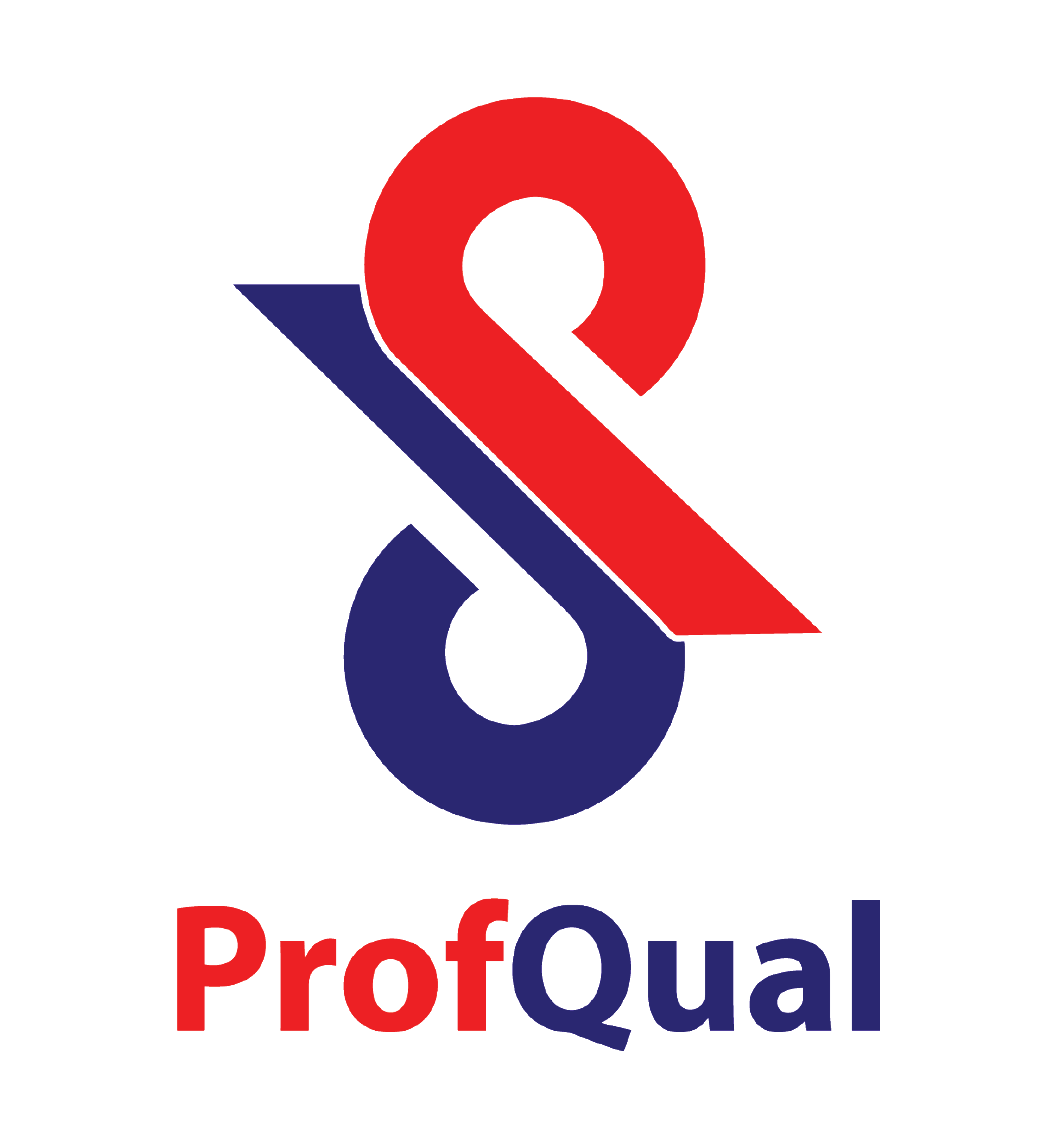
The Professional Diploma in Total Quality Management provides an understanding of quality management principles. TQM integrates theory with practical applications to implement quality management systems, enhance productivity, and foster a culture of continuous improvement within their organizations.
Apply NowThe Professional Diploma in Total Quality Management (PDTQM) is a comprehensive program designed to equip professionals with the knowledge and skills necessary to implement and manage quality systems in organizations. The course covers essential principles of Total Quality Management (TQM), Six Sigma, Lean methodologies, quality planning, and auditing techniques.
Participants will gain a deep understanding of quality management systems, process improvement, waste reduction, and performance enhancement. This program integrates both theoretical and practical knowledge, enabling learners to drive continuous improvement and align quality initiatives with business objectives.
By the end of the program, participants will be able to:
Units & Modules:
U-1: Introduction to Total Quality Management
M-1: Fundamentals of TQM
M-2: Methods of TQM
M-3: Quality Culture and Learning
M-4: Leadership for TQM
U-2: Quality Planning & Productivity Improvement
M-5: Strategic Quality Planning
M-6: Human Resource Development and Quality Planning
M-7: Quality and Productivity
M-8: Quality Costing & Benchmarking
U-3: Six Sigma for Quality Management
M-9: Introduction to Six Sigma
M-10: Introduction to Reliability & Six Sigma
M-11: Root Cause Analysis
M-12: Six Sigma Quality Engineering
U-4: Lean & 5 S for Quality Management
M-13: Introduction to 5 S
M-14: Waste Management
M-15: Introduction to Lean
M-16: Spaghetti diagram
U-5: Quality Systems
M-17: Quality Management System
M-18: Implementing a Quality Management System
M-19: International Quality Standards
M-20: Quality Management System
U-6: Quality Auditing
M-21: Introduction to Internal Auditing
M-22: Internal Quality Auditing
M-23: A Participative Quality Audit System
M-24: Quality Audits, and How to Survive Them
U-7: Quality Engineering
M-25: Introduction to Quality Engineering
M-26: Objective of Quality Engineering
M-27: Quality Engineering and Quality Management
M-28: Quality Control Quality Assurance
U-8: Process Improvement Management
M-29: Process Improvement
M-30: Tools for Process Improvement
M-31: Continuous Process Improvement
M-32: Service Process Improvement
Upon successful completion of the program, participants will be able to:

This program is Validated and Quality Assured by ProfQual - UK. [www.profqual.org.uk]
Features:
Duration: 6 Months
Modules: 32
Short Video Materials: Yes
Mode of Learning: Self-Paced
Exam Method:
Number of Exams: 08 (Each unit has One Exam)
Assignment:
Name: Kwame Nkrumah
Designation: Quality Manager
Country: Ghana
"This course provided me with practical tools to enhance quality control and drive continuous improvement in my organization."
Name: Aisha Mohamed
Designation: Operations Manager
Country: Kenya
"I learned how to apply Six Sigma and Lean methods to improve processes and reduce waste."
Name: John Moyo
Designation: Quality Assurance Officer
Country: South Africa
"The quality engineering module helped me establish a systematic approach to managing quality in my company."
Name: Fatima Ahmed
Designation: Production Manager
Country: Nigeria
"This course equipped me with the skills to enhance productivity and reduce operational costs."
Name: Samuel Owusu
Designation: Compliance Manager
Country: Ghana
"The quality auditing framework enabled me to conduct more effective audits and improve overall compliance."
| Effort | 6 Months |
| Live Chat | Enabled |
| Regular Fee | $ 420.00 |
| Special Fee | $ 320.00 |
Chat with us on WhatsApp
 UK Registered Office
UK Registered Office
 UK Operational Office
UK Operational Office
 Bangladesh Contact Office
Bangladesh Contact Office
 Malaysia Contact Office
Malaysia Contact Office
 Ghana (Accra) Contact Office
Ghana (Accra) Contact Office
 Ghana (Eastern Region) Contact Office
Ghana (Eastern Region) Contact Office
 Tanzania Contact Office
Tanzania Contact Office
 Uganda Contact Office
Uganda Contact Office
 Nigeria Contact Office
Nigeria Contact Office
 Kenya Contact office
Kenya Contact office